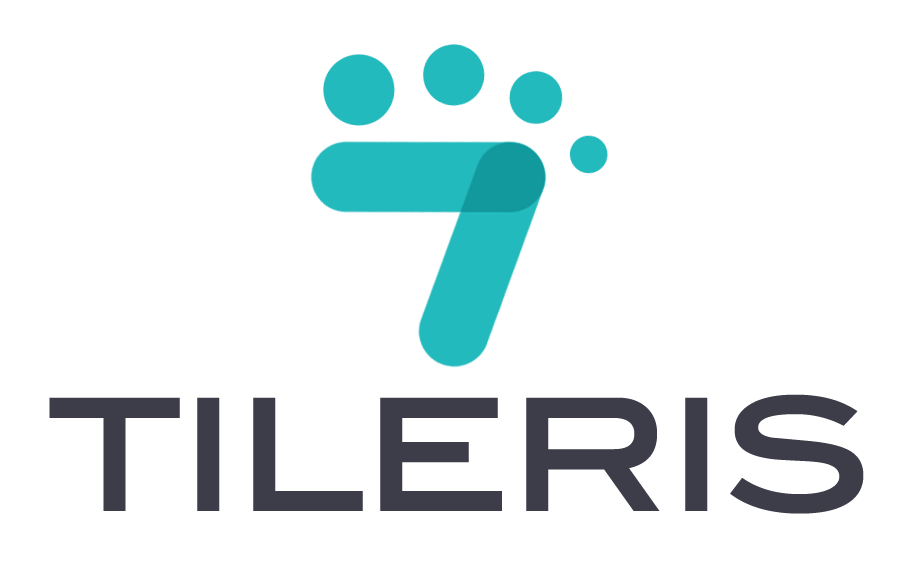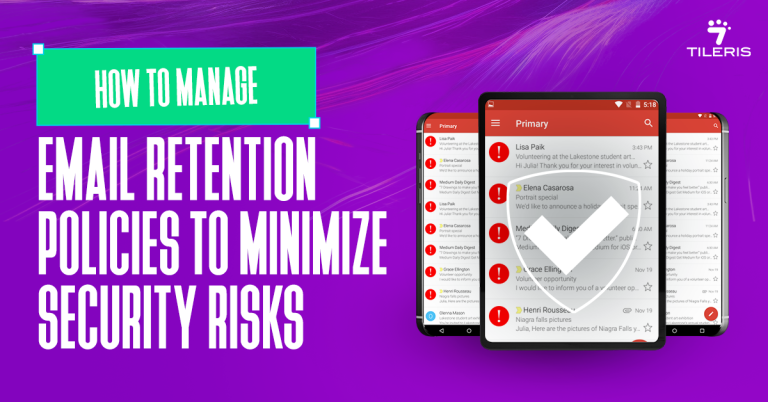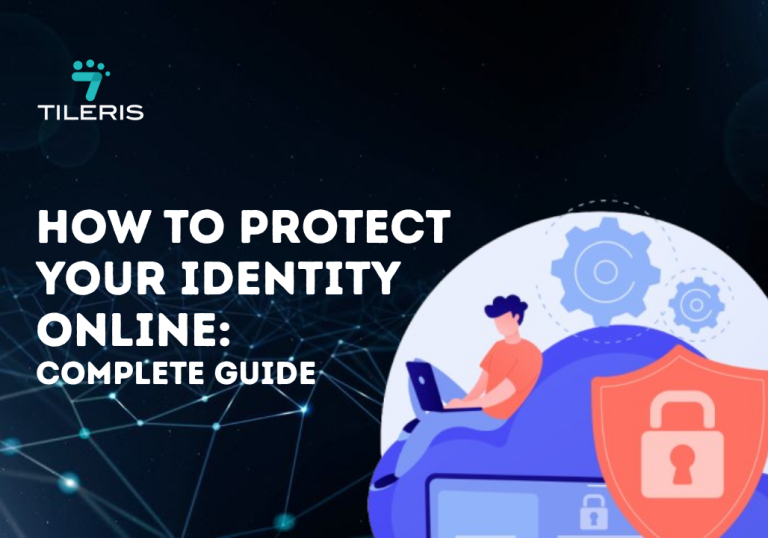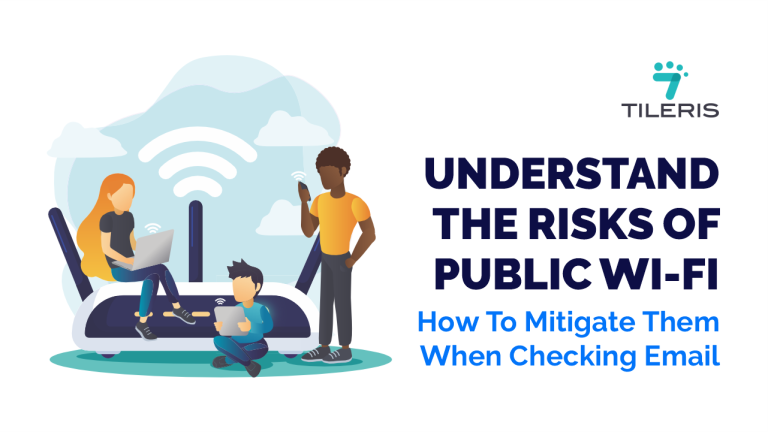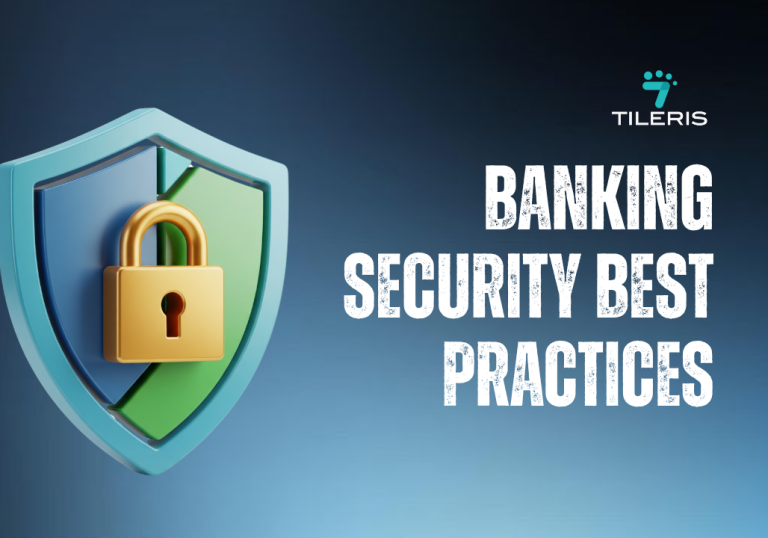Early Warning Signs Of Identity Theft
Introduction
So, you check your bank balance and suddenly notice a weird $1.14 charge from some random online store you’ve never heard of. You ignore it. A few days later, your debit card stops working. Then come calls from debt collectors asking about an account you’ve never opened. Sound familiar? If it does, or if it’s never happened to you, knowing the warning signs of identity theft can make all the difference.
Identity theft isn’t some rare thing that only happens to the unlucky. It’s everywhere. According to the Federal Trade Commission, more than 1.1 million identity theft cases were reported in the U.S. in 2024 alone. And that’s just the people who noticed it.
Most victims don’t catch it until the damage has already been done. That’s why learning to spot the early warning signs of identity theft is one of the smartest things you can do to protect yourself and your loved ones. Let’s walk through what those signs actually look like, without the tech jargon, just real, practical talk.
Strange Transactions That Don’t Make Sense
One of the most common warning signs of identity theft is spotting purchases on your account that you didn’t make. And they aren’t always huge. In fact, many identity thieves start small, really small. A $1.99 app. A random online store. It’s called “test charging,” and it’s basically a way for criminals to check if your account is active before going big.
These little transactions are easy to miss, especially if you’re not checking your statements often. But here’s the catch, ignoring them gives criminals the green light to keep going. If you see even a tiny charge that doesn’t make sense, call your bank. Don’t wait. That small ping could be the beginning of something big.
Your Email Start Acting Off
If you suddenly stop receiving bank statements or utility bills in your mailbox? It might not be a delivery glitch, it could be someone changing your address to hide their activity, or perhaps you suddenly start receiving emails about account password resets you didn’t request, that’s another red flag.
Unexpected communication changes are one of the more subtle warning signs of identity theft, but they matter. Thieves often try to intercept your mail or email so you don’t get alerts about new accounts or suspicious activity. If things you normally receive suddenly stop arriving, don’t just shrug it off, look into it.
Denied Credit or Loans When You’ve Done Nothing Wrong
Imagine you apply for a car loan, confident your credit score is solid, and then, it gets rejected? And now you’re confused. You’ve never missed a payment. But when you check your credit report, it’s a mess. That’s a major sign that someone else has been borrowing under your name.
Being turned down for credit, especially when you’ve always been responsible, can feel personal and frustrating. But it’s often one of the warning signs of identity theft that people overlook.
If your credit report shows accounts, inquiries, or addresses you don’t recognize, it’s time to dig deeper. Don’t assume it’s a mistake, assume it’s theft until proven otherwise.
You Get Calls from Debt Collectors About Things You Don’t Owe
This is where it gets scary. You’re suddenly getting aggressive calls from collectors about accounts you never opened. It could be a store card, a personal loan, or even a buy-now-pay-later plan that you’ve never seen in your life.
Debt collector calls about unfamiliar accounts are one of the loudest warning signs of identity theft, and often, one of the last before serious damage is done.
Thieves may have maxed out these fake accounts using your name, leaving you with the mess to clean up. If this happens, ask the debt collector for written proof and check your credit report immediately.
Tax Returns or Medical Records Don’t Add Up
Here’s one most people don’t expect, filing your tax return only to be told it’s already been filed. Or going to the hospital and being told your insurance has been maxed out. Identity theft can get disturbingly personal, extending into your tax records and medical history.
Criminals sometimes use your Social Security number to file fraudulent returns and pocket the refunds. Others may use your insurance for medical care, creating confusion in your records and potentially impacting your own treatment.
If you’re hit with any of these situations, it’s not just annoying, it’s a serious sign that needs to be addressed fast. The IRS and medical providers have processes for dealing with it, but the longer it goes unnoticed, the harder it becomes to untangle.
You Receive Credit Cards or Statements You Never Asked For
This may sound a bit funny, but isn’t, imagine opening your mailbox and finding a shiny new credit card, from a bank you’ve never dealt with. Or you’re suddenly getting monthly statements from a store account you don’t remember opening.
Receiving financial documents for accounts you didn’t apply for is one of the more blatant warning signs of identity theft, but surprisingly, many people just toss the papers and forget about it. Please don’t. If you receive mail for unfamiliar accounts, someone’s likely using your identity to build up debt and it’s building in your name.
Alerts from Companies or Data Breaches
You might be tempted to ignore those emails that say, “Your data may have been involved in a security breach.” Don’t. These notifications are often the earliest warning signs of identity theft, even if no suspicious activity has happened yet.
Cybersecurity expert Rachel Tobac, CEO of SocialProof Security, once said, “The moment you see that your data was in a breach, treat it like it’s already being used. Lock down everything you can.” She’s right. Once your data is out there, especially your Social Security number, passwords, or bank info, your risk skyrockets. Enable two-factor authentication, change passwords, and monitor all your accounts closely.
Your Credit Report Becomes a Stranger
Checking your credit report regularly might seem like a chore, but it’s one of the best ways to stay ahead of identity theft. New accounts, hard inquiries, unfamiliar addresses, any of these could be warning signs of identity theft hiding in plain sight.
The good news is you’re entitled to one free credit report annually from each of the three major bureaus: Experian, TransUnion, and Equifax. You can get them all at once or spread them out over the year for regular monitoring. If something looks wrong, act immediately.
You’re Asked to Verify a Login You Didn’t Make
If you ever get a “Did you just log in?” message from Google, Facebook, or your bank, and you’re not even near your computer. That’s more than just creepy. It’s a real-time warning sign of identity theft in action.
Account compromise is one of the most immediate threats. If someone has your login details, they’re likely poking around for more. Change your passwords, enable multi-factor authentication (MFA), and check for unauthorized devices or sessions.
Your Identity Just Feels Off
Sometimes, the biggest warning sign of identity theft isn’t a specific charge or email, it’s a gut feeling. You notice too many little things that don’t add up: slightly off account balances, weird login locations, or messages asking you to “verify” something.
Trust that feeling. The earlier you catch identity theft, the easier it is to fix. The longer you wait, the more damage can be done, and often, that damage takes years to recover from.
Why These Warning Signs of Identity Theft Matter So Much
You might be thinking, “This all sounds overwhelming. How can I possibly keep track of everything?” The truth is, you don’t need to be paranoid, just proactive. The power of understanding and reacting to these warning signs of identity theft lies in one simple fact, early detection significantly minimizes damage.
The longer identity theft goes undetected, the more entangled your life becomes. It can take days, months, or even years to untangle identity theft.
Imagine the hours spent on phone calls, the stress of disputing fraudulent charges, the anxiety of not knowing what else might be out there. By catching the warning signs of identity theft quickly, you can shut down fraudulent accounts, alert authorities, and prevent further misuse of your information before the problem becomes a monumental burden.
What to Do When You See the Warning Signs of Identity Theft
So, you’ve spotted one or more of these warning signs of identity theft. What’s next? Panic is understandable, but action is paramount. Here’s a concise, professional, and straight-to-the-point plan:
- Act Immediately: Don’t delay. Every minute counts.
- Contact Financial Institutions: Call your bank, credit card companies, and any other financial institutions where you suspect fraudulent activity. Report the suspicious charges or accounts. They can often freeze accounts or issue new cards immediately.
- Check Your Credit Reports: This is non-negotiable. Get a free copy of your credit report from each of the three major credit bureaus (Equifax, Experian, and TransUnion) at AnnualCreditReport.com. Review them thoroughly for any inaccuracies, unknown accounts, or unauthorized inquiries. Remember, these are critical warning signs of identity theft.
- Place a Fraud Alert or Freeze Your Credit: A fraud alert notifies lenders that you may be an identity theft victim and prompts them to take extra steps to verify your identity before extending credit. A credit freeze is even stronger, preventing new credit from being opened in your name entirely. This is a powerful step once you identify warning signs of identity theft.
- File a Report with the Federal Trade Commission (FTC): Go to IdentityTheft.gov. This is a crucial step. The FTC will provide you with an identity theft report and a personalized recovery plan. This report is often required by creditors and law enforcement.
- Change Your Passwords: For all your online accounts, especially email and banking, change your passwords immediately. Use strong, unique passwords for each account, preferably with a password manager. Enable two-factor authentication (2FA) wherever possible.
- Consider Identity Theft Protection Services: While not a foolproof solution, these services can offer monitoring and assistance if your identity is compromised. They often look for warning signs of identity theft on the dark web and alert you to breaches.
Conclusion
The fight against identity theft isn’t a one-time battle; it’s an ongoing commitment to vigilance. Regularly review your bank and credit card statements, even for those tiny, seemingly insignificant charges. Periodically check your credit report, at least once a year, but more frequently if you’re concerned. Be cautious about sharing your personal information, both online and offline. Shred documents with sensitive data before discarding them. Update your software and use strong, unique passwords.
By understanding the subtle and obvious warning signs of identity theft, and by integrating these proactive habits into your routine, you empower yourself. You become your own first line of defense.
Remember, catching these warning signs of identity theft early isn’t just about preventing financial loss, it’s about protecting your peace of mind and the integrity of your identity. Stay alert, stay informed, and stay safe.
Stay One Step Ahead of Identity Theft
Download your free Identity Protection Checklist today! It’s packed with simple, practical steps you can take right now to spot the early warning signs of identity theft and safeguard your personal information before criminals get a chance.
Need help figuring out where to start? Request a free consultation, our team at Tileris will walk you through the best strategies for preventing identity theft, from monitoring your digital footprint to tightening up your account security.
Curious how AI can help you detect threats before they happen? Request a demo of Tileris AI Agents in action. See how our smart, real-time tools identify suspicious activity, block fraud attempts, and give you full control over your digital identity. Just drop us a note through our contact form, we’d love to show you what smarter, proactive security really looks like.
